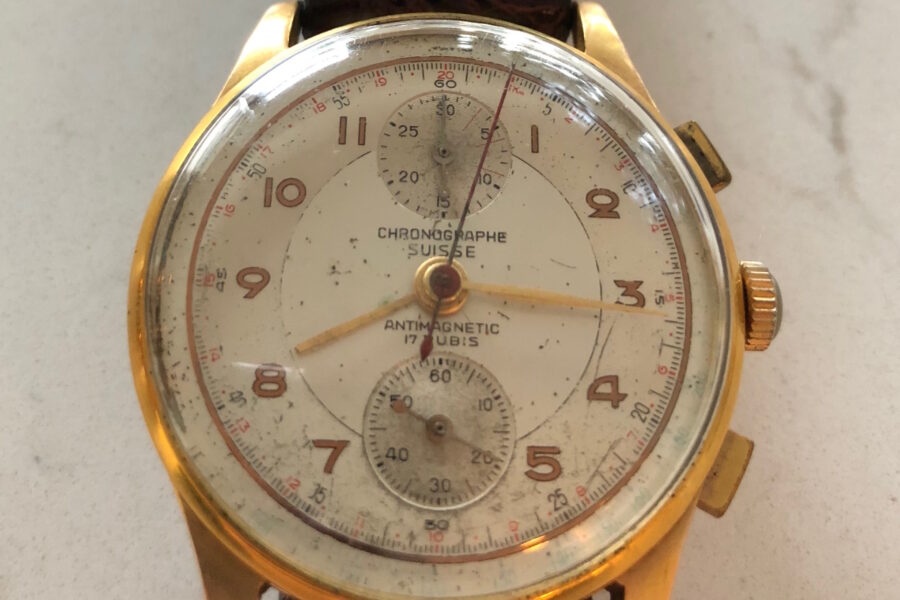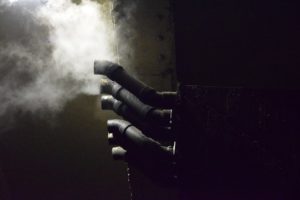I can’t seem to sleep lately. When I finally crawl into bed after shutting down the house, flossing my teeth, and setting two alarms (one for 5:20 the other for 5:30, somehow convinced that the 10-minute respite softens the blow), my brain turns on, indifferent to the 18-hour day we just clocked. Head in pillow, duvet tucked around my neck, I stare into the black thinking about death.
Death. Inevitable, of course. My father died three years ago of a sudden heart attack. He was alone in the hospital. His partner had just driven home to rest –they’d spent hours in the ER getting him admitted and scheduling a blood transfusion for the following day. He ate a good meal and joked with the nurses. When he got up to go to the bathroom, his heart gave out and he dropped dead. Instantly. The doctors said, if you could choose a way to go, that was it. No suffering, and, likely, no consciousness. Although, my father did know death was at hand; he discussed the details of his funeral with my oldest sister just days earlier. I was with my family in New York when it happened. We were at dinner with friends when, with some dramatic gesture, I sent a glass of red wine flying, knocking over dishes and staining the tablecloth. It was one of those loud and embarrassing restaurant faux pas that caused everyone to stop and turn. I rationalized, and still do, that my mishap occurred at the exact moment of his death. A moment that his spirit facilitated in order to ease my grief and assuage my guilt for not being with him, for letting him die alone. Ironically, we were due to board a plane the next morning for a visit. Our annual summer vacation.
At the other end of the death spectrum, my mother. She died when I was 26. I was with her. She’d battled cancer for 16 years. Breast. Lung. Bone. Three days before passing, she woke up and told my dad she was done trying. Her pain was excruciating. She checked into hospice, stopped eating, and proceeded to wind down her life. Like my friend, Carla, she had to work hard to die. And I had to work hard to let her go. If you’ve been with someone at the end, you know how pronounced those last breaths can be –deep inhales, deeper exhales with whole rests in between. It’s almost musical how life concludes, slowing down so deliberately, like the decrescendo of those final bars in a symphony, the last note of which you wish would never end. My mother’s death took time to process. Years. Of therapy, and pages and pages of words. Eventually, a healer in Los Angeles helped me see my mother as an individual on her own life journey, of which I was a small part. It was after that session that I let go of my longing for a different childhood and freed my mother of my disappointment.
But why the fixation on death now? It’s been decades since my mother died. And, my father? Though the moment came as a shock, he was 87. Happy with his life. Reconciled from what I could tell. Maybe it’s the headlines that are getting to me –the doom and gloom that persists. I don’t know if I ever allowed myself to imagine nuclear war prior to this past year, but I have, recently, entertained what I might do in those 55 minutes it would take a North Korean missile to cross the Pacific and hit Los Angeles. War isn’t a new idea for me. I grew up during the cold war, and, although I lived in Canada insulated from any direct threat, the tension of potential conflict sat heavy in the air. War was a common subject in our household. My father survived WWII. He worked in the defense industry. I remember protestors setting off a bomb outside one of the company’s buildings. It made the news. At school, everyone talked about the headline (this was peaceful Canada after all) and I grew reticent to share that my own dad worked for the same corporation, a significant contributor to the arms race. People wanted peace. Yet our family, with the strange last name from the now communist country, supported war? I kept my mouth shut.
Still, I don’t believe that the potential obliteration of our species is what keeps me up at night –my brain is just too small and unwilling to tackle that scenario. And while the disparaging news cycle continues to highlight new horrors that threaten my well-being, the more likely cause of an untimely end is still the lowly traffic accident. No, I think my mortal angst stems from one simple, ageless measure: time. Ignored when younger, yearned for when older, time seems to be the crux of my anxiety. Not only because the years now pass like months, and the days like hours, but that somewhere along the way, I started believing that the time behind me might just be more vibrant and interesting than the time that lies ahead. That because I’m looking down the mountain rather than up, because I am no longer young, the value of time is somehow diminished. That a minute might mean more at 25 than at 51 than at 99. That age changes time, and, more important, defines it. And that given this handicap, the remainder of my time on earth must be rung out, used up, perfected. This is what keeps me up at night.
Frankly, I’m not sure if this epiphany has resolved my worry or thrown me headfirst into an existential crisis. What I do know, what I remind myself of, is that the only time that truly matters is now. Because it’s all that’s real. Not what’s gone before or what will come. Just this one moment –fleeting, impermanent, pure.







